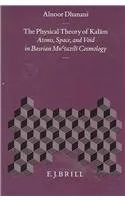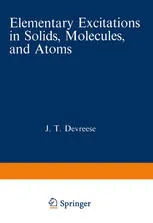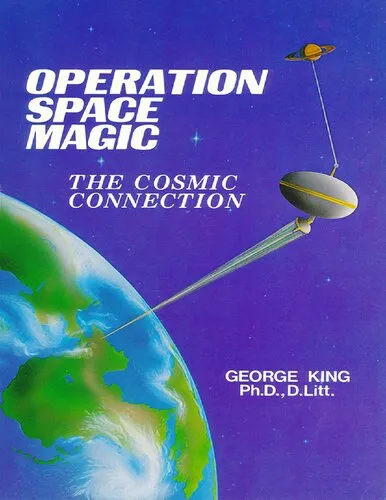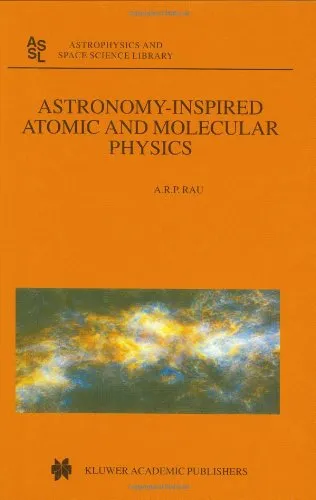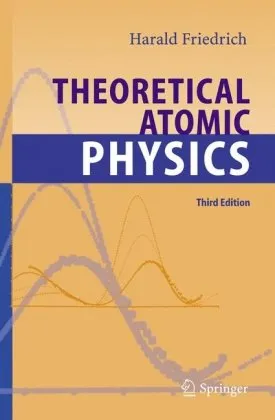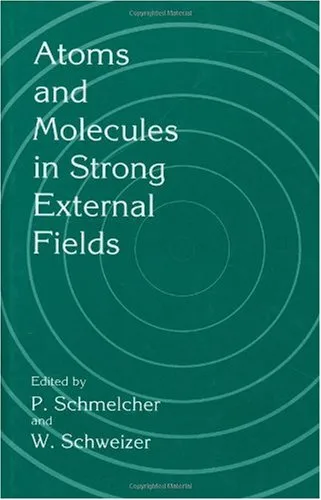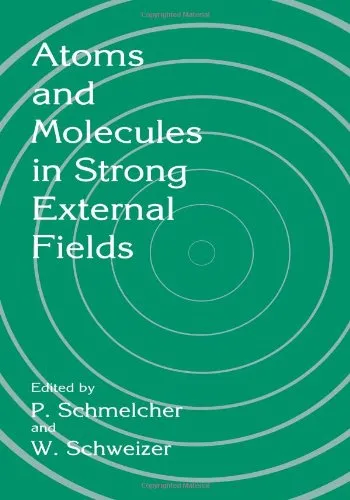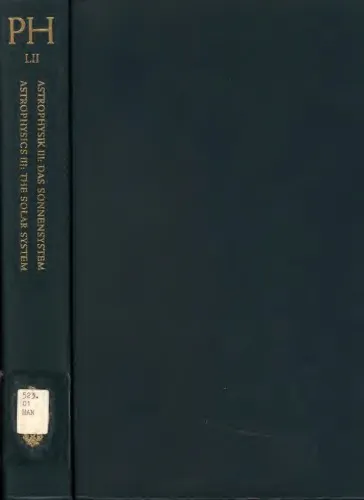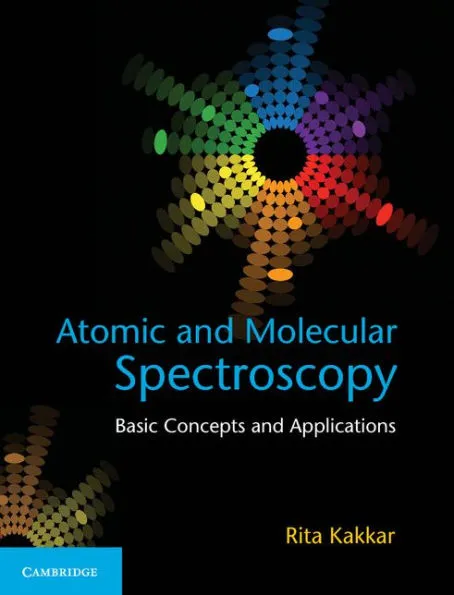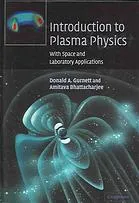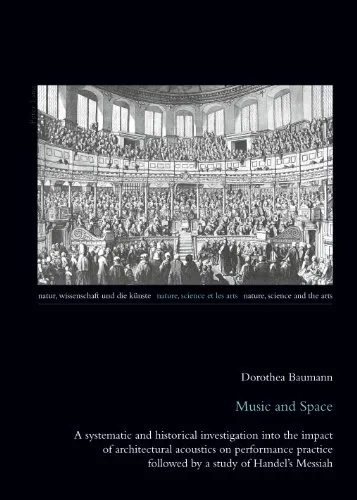The Physical Theory of Kalām: Atoms, Space, and Void in Basrian Mu'tazilī Cosmology
4.4
Reviews from our users

You Can Ask your questions from this book's AI after Login
Each download or ask from book AI costs 2 points. To earn more free points, please visit the Points Guide Page and complete some valuable actions.Related Refrences:
Introduction to 'The Physical Theory of Kalām: Atoms, Space, and Void in Basrian Mu'tazilī Cosmology'
Welcome to an exploration of a fascinating intersection between Islamic theology and natural philosophy. 'The Physical Theory of Kalām: Atoms, Space, and Void in Basrian Mu'tazilī Cosmology' delves into the intricate discussions and theories developed by the Basrian Mu'tazilī scholars, who sought to harmonize philosophical and theological reasoning with empirical observations.
Detailed Summary of the Book
The book provides an in-depth analysis of how the Basrian Mu'tazilī school of thought contributed significantly to the broader discourse on cosmology during the medieval Islamic period. It discusses their approach to understanding the universe through concepts such as atoms, space, and void, essential elements of their cosmological model. The Basrian Mu'tazilī scholars, committed to rationalism, posited a theory of atomism which argued that all things are composed of indivisible particles. These particles, in combination with the dimensions of space and the properties of void, form the basis of their understanding of the physical world.
The narrative traverses through historical backdrops, highlighting the influences of Greek philosophy on Islamic thought, the interactions between different theological schools, and the intellectual exchanges that defined the era. Special emphasis is placed on the interpretation and reinterpretation of these ideas and how they shaped, and were shaped by, the theological debates on divine omnipotence, justice, and human responsibility.
Key Takeaways
- An understanding of the interconnection between theology and natural science in classical Islamic thought.
- Insights into the role of rationalism within the Basrian Mu'tazilī framework and its implications for contemporary philosophical inquiries.
- An appreciation of the methodological approaches used by scholars in reconciling faith with reason.
- A nuanced perspective on the historical evolution of the idea of the atom and its resonance within modern scientific paradigms.
Famous Quotes from the Book
"In the pursuit of knowledge, the Basrian Mu'tazilī stood at the crossroads of faith and reason, opting not for bifurcation but for a harmonious convergence."
"Atoms, though indivisible, unite to form a tapestry of existence where voids weave the harmony of separation and connection."
Why This Book Matters
This book is pivotal in bridging the temporal and intellectual gaps between the medieval Islamic cosmological theories and contemporary philosophical debates. It demonstrates the enduring relevance of past intellectual endeavors in understanding complex philosophical questions about the nature of reality, divine will, and human agency. Its rich examination of the Mu'tazilī perspective offers readers not only historical insights but also raises enduring questions regarding the dynamics of faith and reason. This work reminds us of the importance of cross-cultural intellectual exchanges in the formation of our current understanding of the universe. It serves as a testament to the universality of human curiosity and the persistent quest to make sense of our existence.
Free Direct Download
You Can Download this book after Login
Accessing books through legal platforms and public libraries not only supports the rights of authors and publishers but also contributes to the sustainability of reading culture. Before downloading, please take a moment to consider these options.
Find this book on other platforms:
WorldCat helps you find books in libraries worldwide.
See ratings, reviews, and discussions on Goodreads.
Find and buy rare or used books on AbeBooks.
1547
بازدید4.4
امتیاز0
نظر98%
رضایتReviews:
4.4
Based on 0 users review
Questions & Answers
Ask questions about this book or help others by answering
No questions yet. Be the first to ask!
